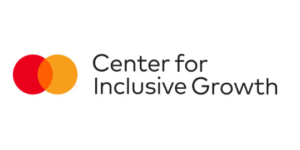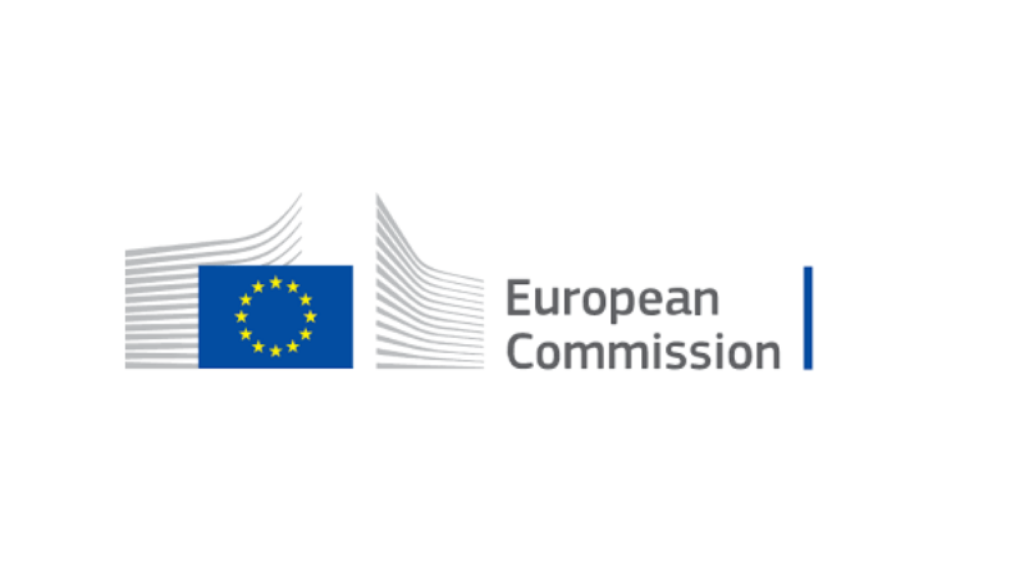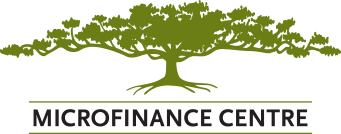Microfinance in Motion: Emerging New Business Models in Microfinance in Europe. A Four-Part Series of Webinars
Introduction
This four-part webinar series will explore new microfinance business models that emerged in response to new technological solutions and the recent COVID-19 pandemic. The webinars are based on MFC’s research on the business models of European microfinance institutions conducted in collaboration with the Mastercard Center for Inclusive Growth. Each webinar will feature several case studies of MFIs, illustrating a specific business model strategy, that covers the changes in MFIs operations and strategies.
The Webinar Series
The series will focus on the four business model strategies:
- Pivoting: Moving from Solo Operations to Ecosystem-Enabled Business Models
- Adapting: Combining the Old Business Models with New Solutions
- Transforming: Turning Microfinance Business Models into Digital Operations
- Innovating: Introducing New Fintech Models in the Microfinance Space
Who Will Benefit?
The series is intended for CEOs, board members, senior managers and executives, investors and microfinance practitioners who are interested in understanding the changes that take place within the microfinance sector due to the technological, business, and environmental conditions.
1. Pivoting: Moving from Solo Operations to Ecosystem-Enabled Business Models
When: Monday, February 21st, 2022, 14:00 – 15:30 CET (Amsterdam / Warsaw / Sarajevo)

Description:
The first webinar in the series provided an overview of business models applied by European microfinance institutions. Against this backdrop, it presented how some MFIs are moving away from independent self-sufficient operational models towards collaborative business models in which MFIs operate within a wider ecosystem. Representatives of three institutions (NOA, Crystal, and BDB) presented their institutional business models related to the new ecosystem approach of providing microfinance services.
Learning Objectives:
During the webinar you will learn:
- What is a business model and what are its building blocks?
- What business models are currently in use across the European microfinance sector?
- What constitutes a microfinance ecosystem?
- How are some MFIs applying the novel ecosystem approach to provide microfinance services?
- What are the benefits and risks of pivoting towards ecosystem-enabled approach to microfinance?
Case Studies:
The webinar will feature three examples of ecosystem-enabled microfinance models that emerge in the ECA region:
- Process-centered ecosystem – Herjola Spahiu, CEO at NOA, Albania
- MFI-centered ecosystem – Ilia Revia, CEO at Crystal, Georgia
- Customer-centered ecosystem – Teodora Krastanova, Business Development Manager at Software Group presenting Business Booster of BDB, Bulgaria
2. Adapting: Combining Old Microfinance Business Models with New Solutions
When: Tuesday, March 1st, 2022, 14:00 – 15:00 CET (Amsterdam / Warsaw / Sarajevo)

This webinar is organized as part of the EaSI TA program of the European Union.
Description:
The second in the series will discuss the changes to business models that the European microfinance institutions introduced in response to the technological changes and the recent health crisis causes by COVID-19. Most MFIs are still operating using the traditional microfinance approaches and relationship lending supplementing them with new technological solutions. The webinar will present two case studies that will illustrate the pros and cons of operating this hybrid business model.
Learning Objectives:
During the webinar you will learn:
- What are the key features of a hybrid business model in microfinance?
- How are some MFIs integrating new technological solutions into their traditional business models?
- What are the benefits and risks of operating a hybrid microfinance business model?
Case Studies:
The webinar will feature two examples of hybrid microfinance business models that emerge in the ECA region.
———————————————————————————————————————————————————————————————————————–
3. Transforming: Turning Microfinance Business Models into Digital Operations
When: Wednesday, March 9th, 2022, 14:00 – 15:00 CET (Amsterdam / Warsaw / Sarajevo)

This webinar is organized as part of the EaSI TA program of the European Union.
Description:
The third webinar in the series will focus on a radical transformation of a microfinance institution using modern digital technology solutions. Instead of partially fixing the various components of a business model, complete digital transformation leads to a new business model of a microfinance institution. The webinar will feature one in-depth case study of a digital transformation to illustrate this new form of business model.
Learning Objectives:
During the webinar you will learn:
- What is a digital transformation in the context of microfinance?
- How does complete digital transformation change the business model of a microfinance institution?
- What are the benefits and risks of a radical digital transformation in microfinance?
Case Studies:
The webinar will feature an extended case study of a radical digital transformation in FINCA Azerbaijan.
—————————————————————————————————————————————————————————————————————-
4. Innovating: Introducing New Fintech Models in the Microfinance Space
When: Tuesday, March 15th, 2022, 14:00 – 15:00 CET (Amsterdam / Warsaw / Sarajevo)

This webinar is organized as part of the EaSI TA program of the European Union.
Description:
The fourth and last in the series will present new entrants into the microfinance space – fintechs that are recent addition to the sector. While these new organizations operate on the microfinance market, they do not suffer from the microfinance legacy and have the benefit of applying the newest technologies. The webinar will showcase two examples of such fintech microfinance.
Learning Objectives:
During the webinar you will learn:
- What is a fintech and how does it apply to microfinance?
- What makes a fintech business model a successful blueprint for a microfinance institution?
- What are the benefits and risks of operating a fintech in the microfinance space?
Case Studies:
The webinar will feature two examples of new fintechs that provide microloans to small businesses.
